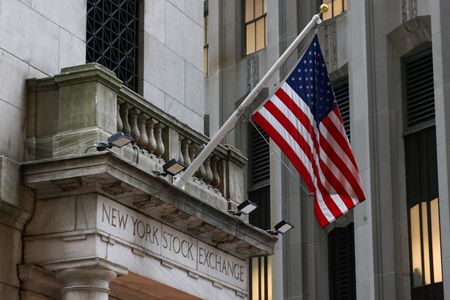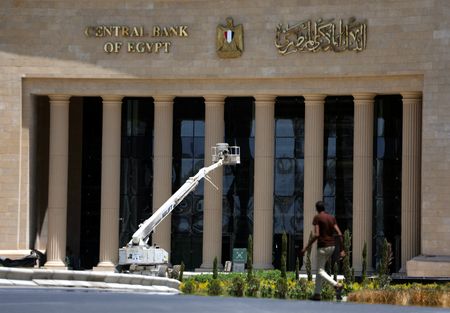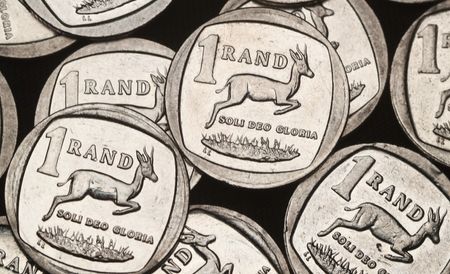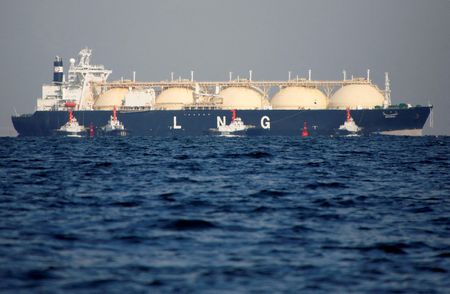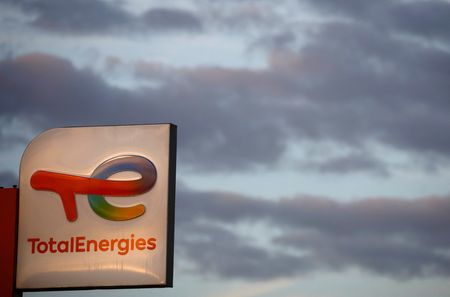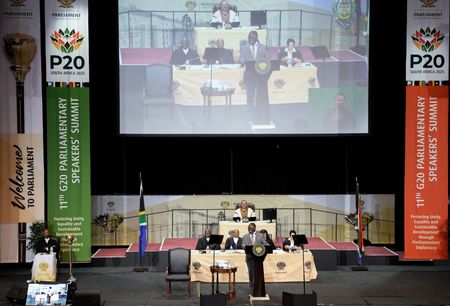By Nqobile Dludla
JOHANNESBURG (Reuters) -South Africa’s Investec plans to repurchase shares worth 2.5 billion rand ($139.49 million) over the next 12 months, the bank and wealth manager’s CEO Fani Titi said on Thursday.
Titi said during a media call that Investec has a level of excess capital at the moment and the share buyback was part of the group’s ongoing capital management process.
Its most recent share purchase and buyback programme was launched in November 2022, lasting 18 months and was for up to 7 billion rand or about 350 million pounds ($469.95 million).
In addition to the buyback, Investec, which also has operations in the UK, announced a final dividend of 20 pence per share, up from 19 pence.
While it is rewarding shareholders, the group is also investing to grow the business, it said in a statement announcing its results. In Britain, it aims to increase its private client base of 7,500 to about 18,500, resulting in a market share of about 18% by financial year 2030.
In South Africa, it is accelerating its client acquisition strategy, particularly in the high income and professional segment, the company said.
Given its current low market share in the large and growing mid-market segment, Investec wants to triple its current mid-market client base of 2,700 in South Africa through enhanced propositions.
“The above growth initiatives are a natural evolution in our business model and will facilitate increased market share, enhance the breadth of our client offering and enable us to compete more effectively in the market,” Titi said.
The company reported headline earnings per share of 72.6 pence for the year to March 31, versus 72.9 pence in the previous year.
Pre-provision adjusted operating profit increased 7.8% to just over 1 billion pounds as revenue grew 5% to 2.2 billion pounds against operating cost growth of 2.8%.
Revenue was supported by lending growth of 4.7% at 32.4 billion pounds, continued client acquisition and strong net inflows in discretionary and annuity funds under management.
Net interest income grew 1.5% to 1.36 billion pounds, while non-interest income rose 11.5% to 832 million pounds.
($1 = 0.7448 pounds)
(Reporting by Nqobile DludlaEditing by David Goodman, Christian Schmollinger and Joe Bavier)

